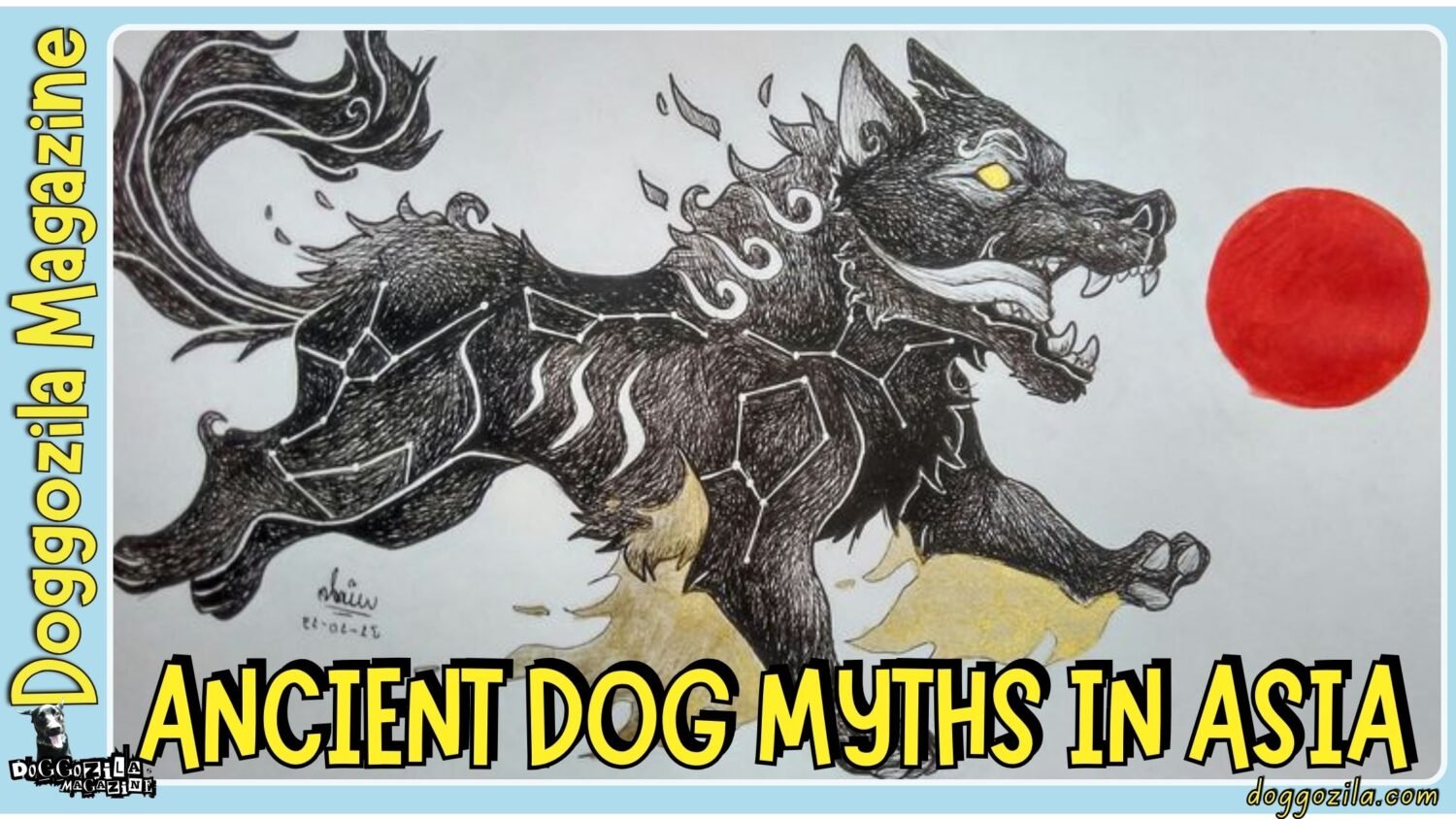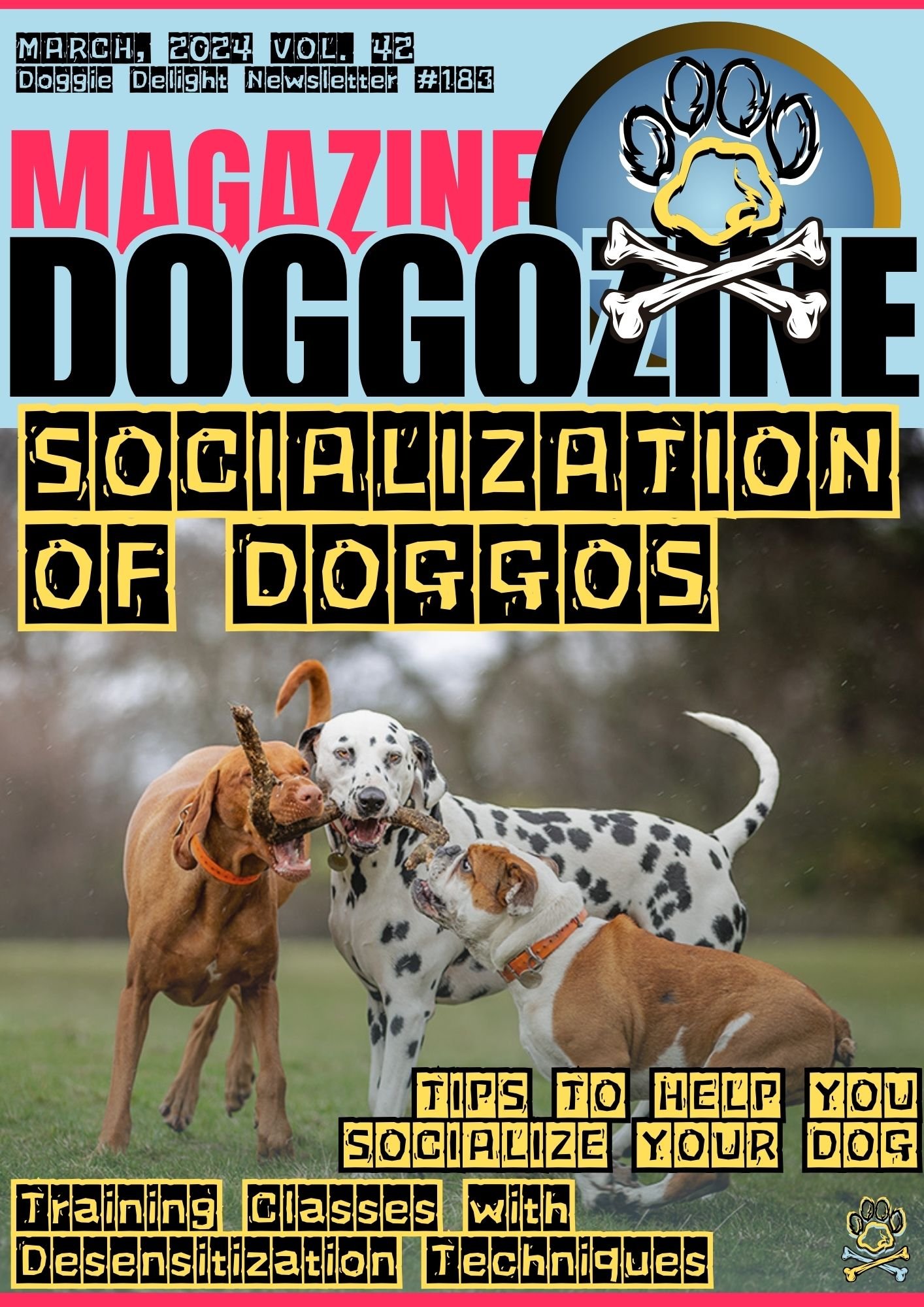
GETTING YOUR DOG USED TO NEW THINGS
It’s super important to help your puppy get used to new experiences, that is why dog socialization is essential! This means letting them see, hear, and smell different things in a safe way. The goal is to help your pup grow up feeling comfortable and confident.
Here in this article, we’ll explain why getting your pup used to new stuff matters, and give you tips for doing it right. Check why dog socialization is important!
Why Getting Your Pup Used to New Things is Key
Helping your pup get used to new experiences is crucial for their development. It builds their confidence and helps them learn good behaviors. Proper socialization can stop issues like fear, aggression, and anxiety down the road. By exposing your pup to different things during the key 3 to 14 week period (we’ll remind you of this a few times!), you can shape how they act and set them up for success.
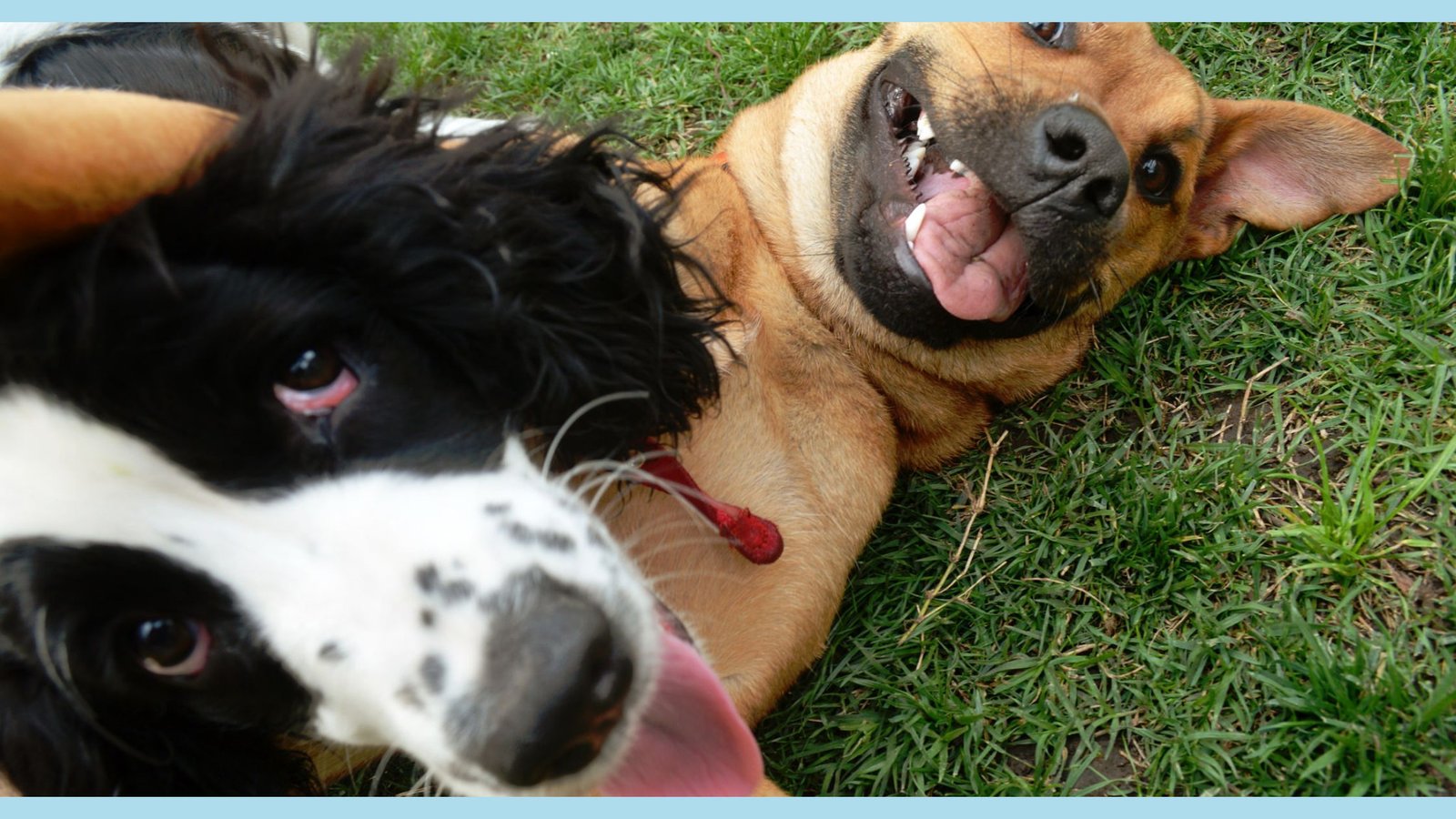
TIPS FOR GETTING YOUR DOG USED TO NEW STUFF
The key is to make new experiences positive for your pup. Introduce them to different things slowly and safely. Here are some tips to help socialize your puppy the right way.
Start Early, Go Slow in Safe Environments
Begin socializing your pup as early as you can. That critical 3 to 14 week window (remember?) is when they’re most open to new things. But socialization should keep happening their whole life to reinforce good behaviors. Introduce your pup to new sights, sounds, and smells gradually. Start with simple stuff and slowly increase the intensity.
Puppies need to learn about different surfaces. Introduce them one by one to grass, concrete, and carpet. Choose safe places for socializing. Start at home where your puppy feels good. Then slowly take them to new places like parks, streets, and pet stores. Make sure the area is safe and has no dangers.
Give Rewards and Meet People
Give your puppy treats, praise, and love when they act well during socialization. This positive reinforcement helps them link new things with good feelings. It makes them more confident and excited to explore.
Let your puppy meet different people – adults, kids, and those with hats, glasses, etc. Let them gently interact and give treats when they are calm and friendly. This helps them feel okay around all kinds of people.
Meet Other Animals and New Places
Allow your puppy to safely play with other vaccinated, well-behaved dogs. This teaches them how to act properly with animals. Watch them closely and avoid stressful situations.
Take your puppy to places like parks, beaches, cars, and busy streets. This exposes them to new sights, sounds, and smells. It reduces fear or anxiety in unfamiliar environments.
Training Classes with Desensitization Techniques
Enroll your puppy in positive reinforcement-based training classes. These classes not only provide essential obedience training but also offer opportunities for socialization with other puppies and people. Professional trainers can guide you in creating positive socialization experiences for your puppy.
If your puppy shows fear or anxiety towards specific stimuli, such as loud noises or unfamiliar objects, gradually desensitize them to these triggers. Start with low-intensity exposure and gradually increase it as your puppy becomes more comfortable. Pair exposure to the trigger with positive rewards to create positive associations.
Socializing a puppy is a crucial part of their development and lays the foundation for their future behavior. By exposing them to various experiences, people, animals, and environments in a positive and controlled manner, you can help your puppy become well-adjusted and confident. Remember to start early, create positive experiences, and reinforce good behavior through rewards. With proper socialization, you can raise a happy and well-socialized dog.
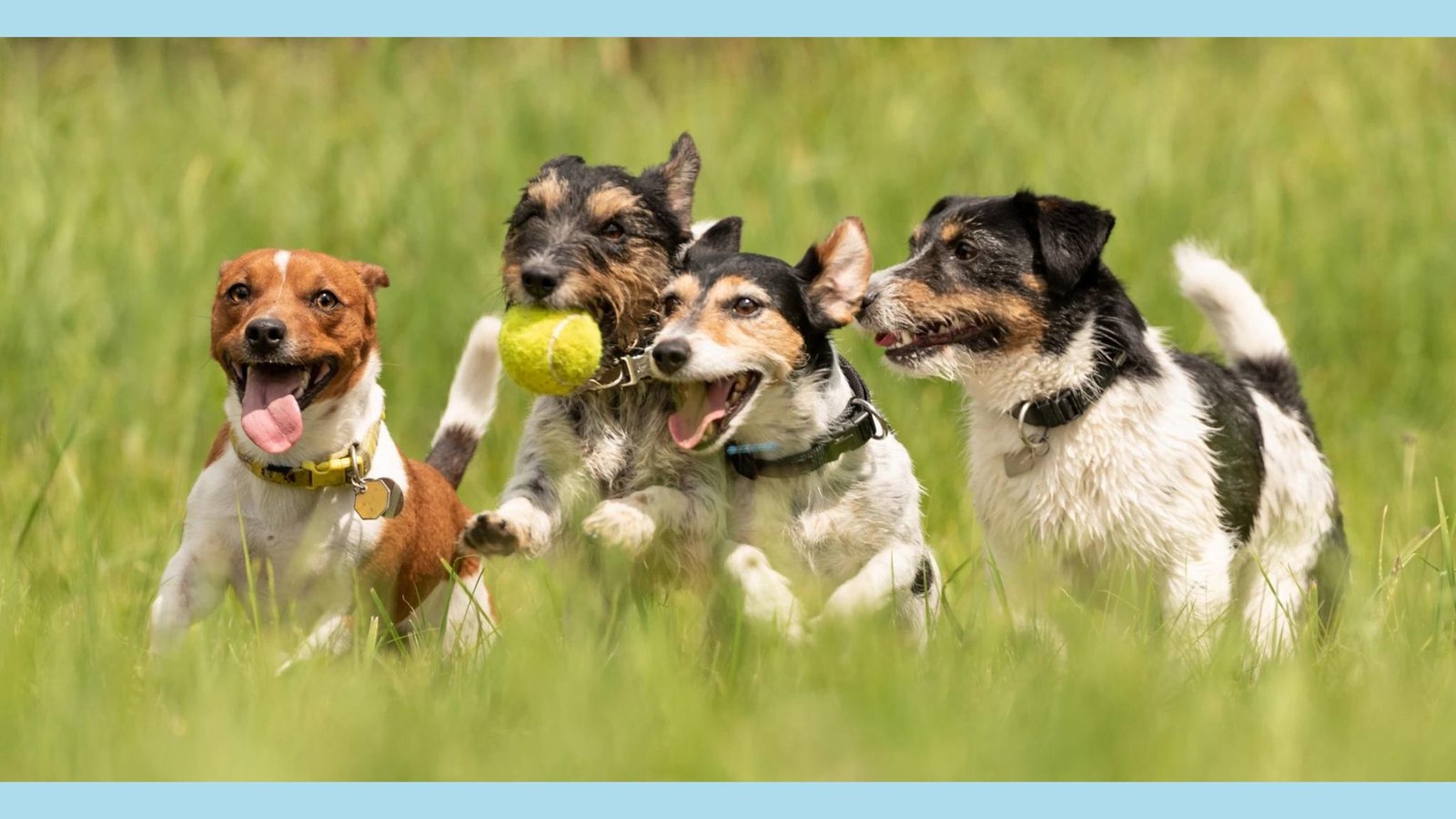
THE IMPORTANCE OF SOCIALIZING YOUR DOG
Welcoming a new puppy into your home is such an exciting and joyous occasion for both of you. As a responsible pet owner, it is crucial to understand the importance of socializing your puppy from an early age. Socialization plays a vital role in shaping your puppy’s behavior and ensuring they grow up to be well-adjusted and confident dogs.
What is Dog Socialization?
Dog socialization means exposing your puppy to many new experiences. It helps them learn to handle different situations well. During this time, your pup learns best.
You introduce them to various people, animals, and places in a positive way. Your puppy learns to feel comfortable in these settings.
The Benefits of Dog Socialization
Socialization prevents bad behavior like fear, aggression, and anxiety. A well-socialized puppy grows into a calm adult dog. It helps them behave better. Your puppy gains confidence from meeting new people and animals. They feel less afraid of unfamiliar things. Building confidence helps them their whole lives. Positive experiences help your puppy form good associations.
Meeting new friends and exploring new places becomes enjoyable. This makes them happier and healthier. Well-socialized dogs adapt easily to changes and new environments. They handle stress and unfamiliar situations better. Socialization makes them more flexible and relaxed. Socializing your dog helps them learn how to talk to others better. They get used to seeing different people and animals. This makes it easier for them to act right around others.
How to Start Getting Your Dog Used to New Things
Start when your dog is young. They learn best when little. Take them new places often. Go to parks, busy streets, and pet stores. All the new sights and sounds help your pup get comfortable. Bring your dog around people of all ages, genders, and backgrounds. Pet and praise them when they act nice. Let your pup play with other friendly, healthy dogs. This teaches them good social skills with animals.
Go to the Dog Park A Lot
Expose your dog to loud noises, bikes, vacuums, and other household stuff. Start slow. Build up over time. Give your pup treats, pets, and kind words when they stay calm. This training makes good behavior feel rewarding.
- Enroll in Puppy Classes: Puppy classes provide a structured environment for socialization and training. They offer opportunities for your puppy to interact with other dogs and learn valuable skills under the guidance of a professional trainer.
- Be Patient and Consistent: Socialization is an ongoing process that requires time, patience, and consistency. Gradually expose your puppy to new experiences, always ensuring their safety and well-being.
Socializing your puppy is an essential part of their development and sets the stage for their future behavior. By exposing them to various experiences, people, animals, and environments in a positive and controlled manner, you can help your puppy become well-adjusted and confident.
Remember to start early, use positive reinforcement, and be patient throughout the socialization process. With proper socialization, your puppy will grow up to be a happy, well-behaved, and socially adept adult dog.
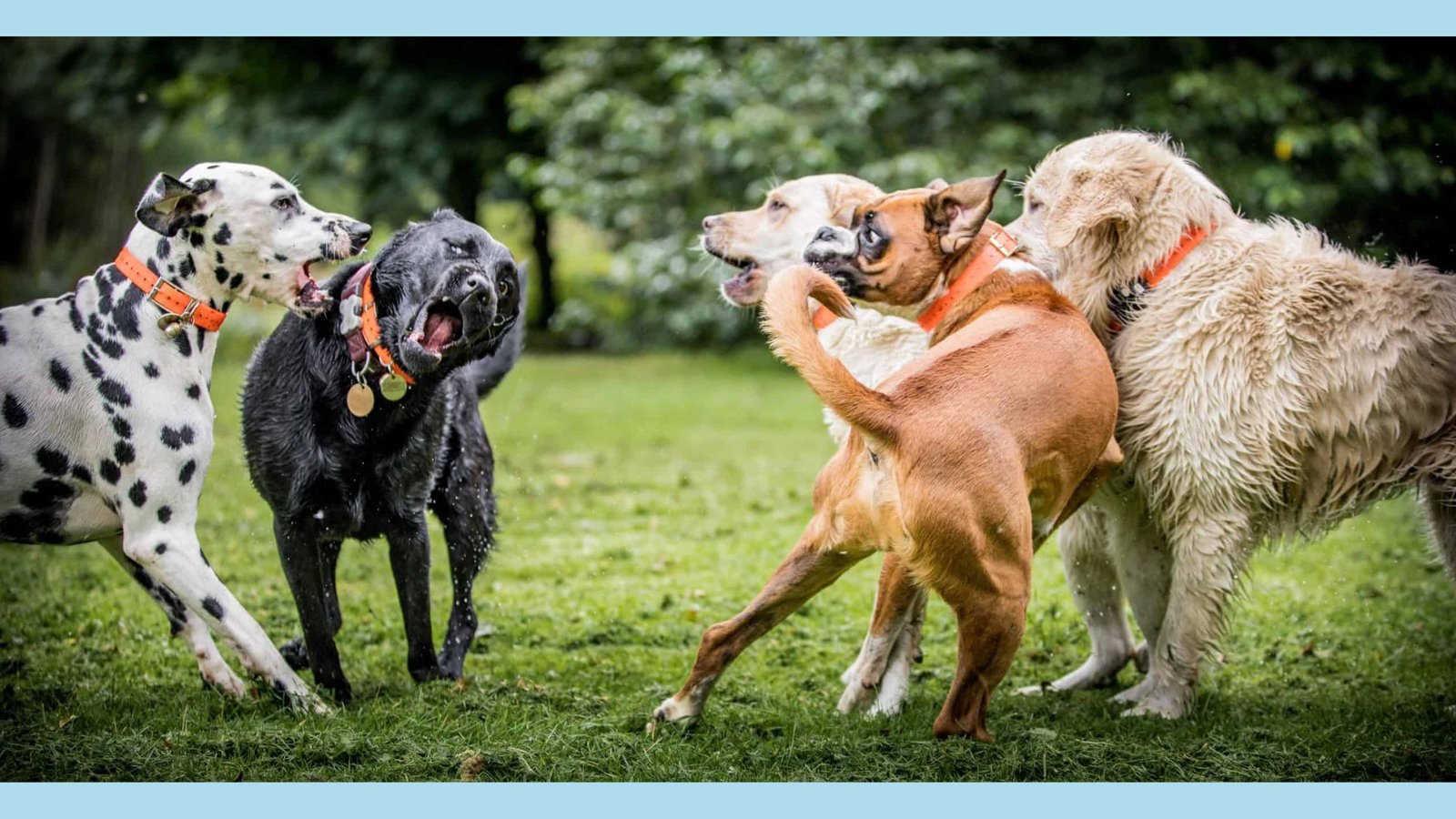
WHY SOCIALIZATION IS NEEDED IN THE DOG EARLY DAYS?
As a responsible pet owner, it is crucial to provide your puppy with the necessary tools to become a well-adjusted and socially adept adult dog. One of the most important aspects of raising a puppy is socialization. Further in this blog post, we will discuss the importance of socializing your puppy and provide you with some tips on how to do it effectively.
Why is Dog Socialization Important?
Socialization plays a vital role in shaping your dog’s behavior and temperament.
Here are some key reasons why socializing your puppy is essential:
- Making your puppy friendly! Training them young helps stop bad actions when they grow. If puppies don’t get to know the world, they can get scared and angry at people, dogs, or new places. But if you let them see and do new stuff in a nice way, they’ll be calm and happy dogs.
- Building your pup’s courage! Getting them used to new things builds their bravery. Meeting new people, animals, and going new places helps them feel safe and okay with changes. Then they won’t freak out as they get older.
- Helping them be friends! Socializing lets your dog learn how to act with others. It’s important for them to get along well with people and animals their whole life. You want them to know how to behave and not cause trouble.
- No fear here! Dogs that don’t get to explore can get nervous or afraid of everything new. This causes big problems when normal things happen. But if you introduce your puppy to the world nicely, they won’t see new stuff as scary.
More Tips and Details for Dog Socialization
You know socializing is important now. Here are some ideas to help your pup get used to life:
It’s important to start puppy training early. Puppies learn best when they’re between 3 and 14 weeks old. During this time, they can easily adapt to new experiences. The sooner you start, the more time your puppy has to learn. Use positive reinforcement to teach your puppy. Reward calm behavior with treats, praise, and affection.
This helps your puppy associate new situations with good experiences. Introduce new things gradually. Start with calm environments, then slowly make them more challenging. For example, first have your puppy meet people at home. Later, try busy places.
Dog Day Care is Great Idea
Consider a puppy training class. These classes let puppies practice social skills with other puppies. A trainer will supervise and guide them. Let your puppy experience different sights, sounds, smells, and surfaces. This helps them feel comfortable in new environments.
Go for walks in new areas. Let them meet friendly dogs and people. This variety builds confidence. Be patient with your puppy. Socializing takes time and effort. Go slowly. Don’t overwhelm your pup with too many new things at once. Praise them when they do well. Comfort them if things get tough.
Brief Sum Up On Dog Socialization
Getting your dog used to the world is very important. It helps them behave well and feel happy around people and animals. Start early with positive training. Be patient as your puppy learns. Notice each small success and use lots of praise. Socializing well now means a friendly, confident dog later. But it’s a lifelong process, so keep introducing new positive experiences.
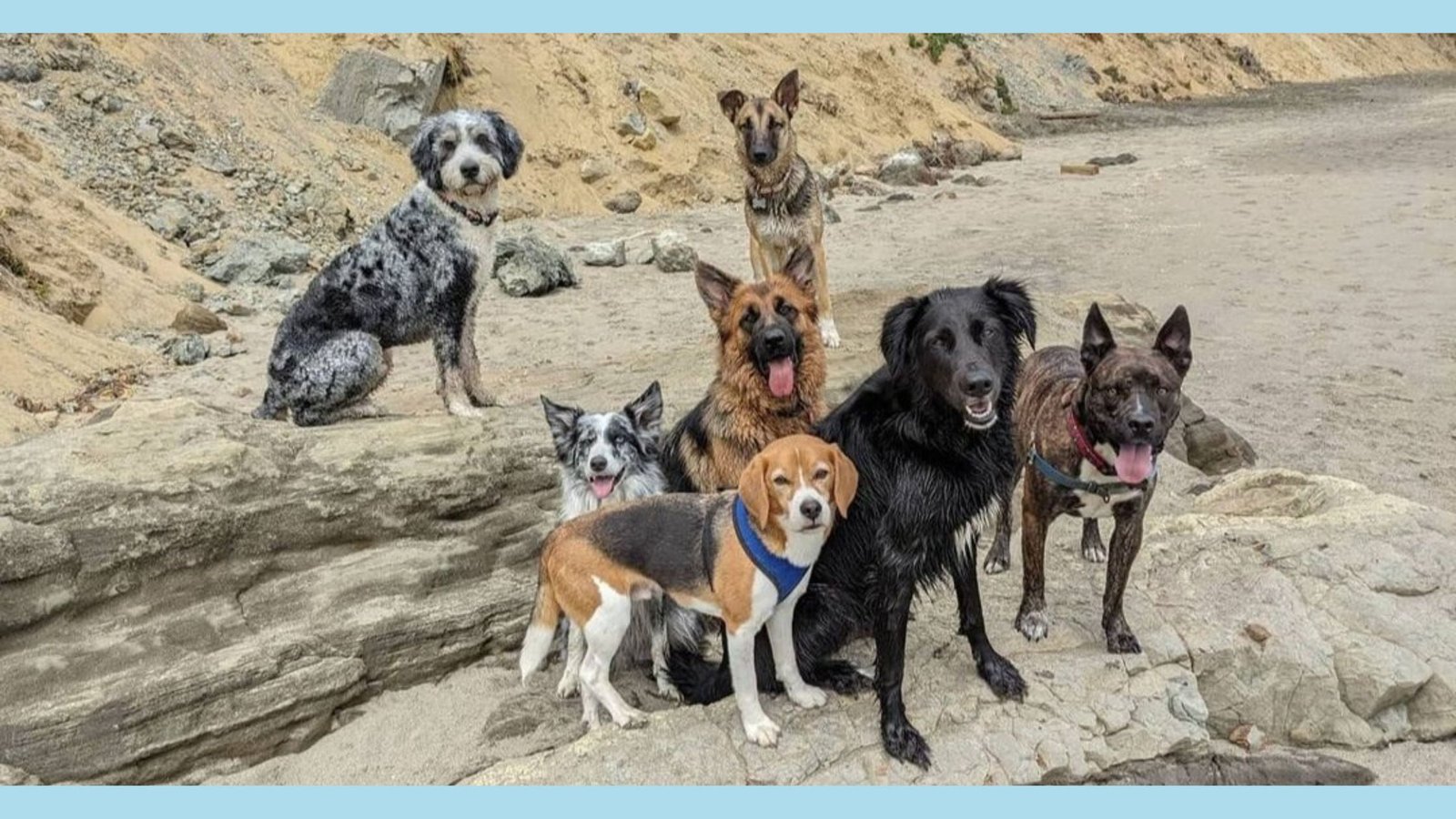
We recommend to visit our online free Train Room page for virtual dog training classes!









